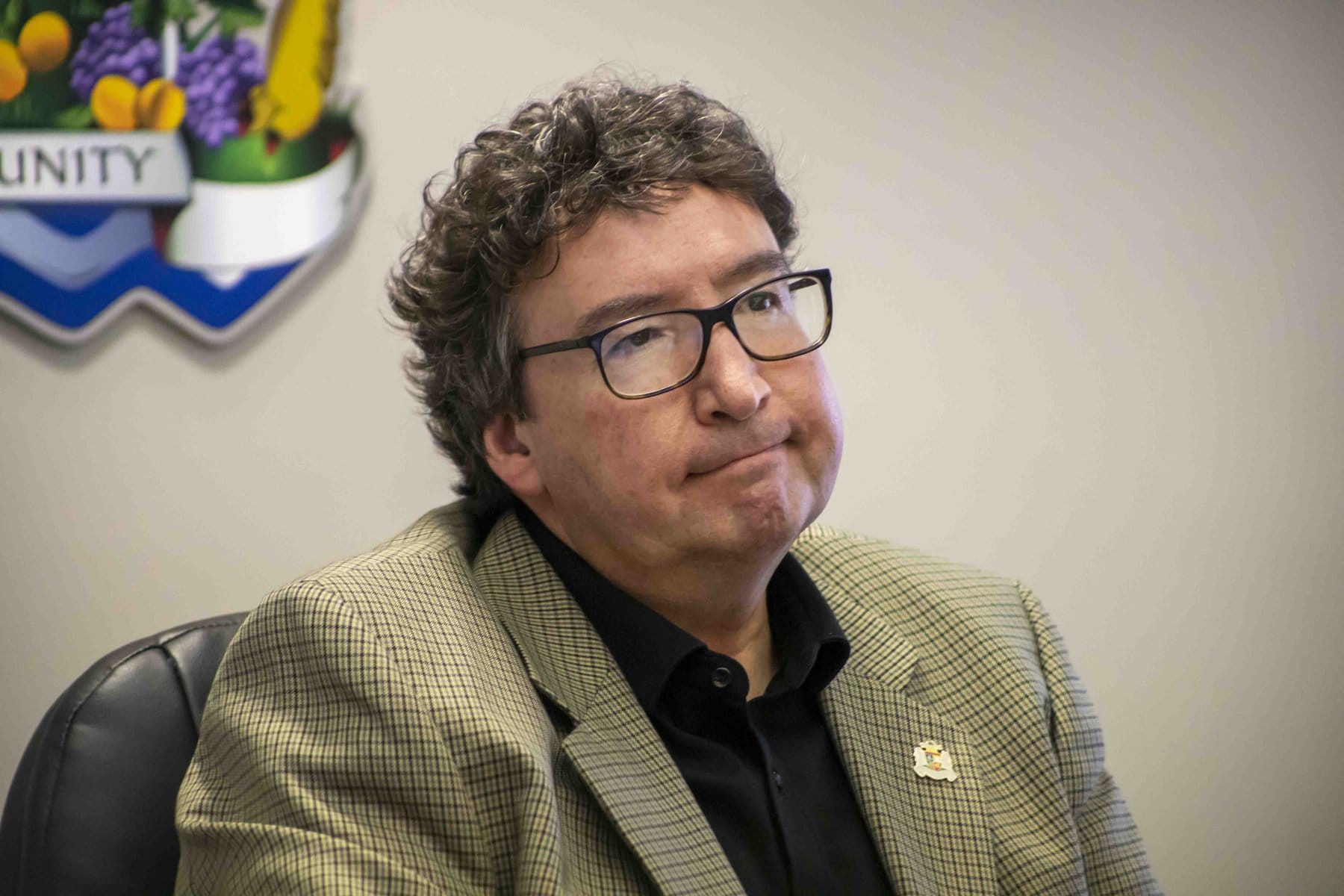Councillors were dazed and confused during some of their budget deliberations Tuesday night, but managed to push through the 2023 capital budget.
Niagara-on-the-Lake council has been locked in budget discussions since February and was initially scheduled to adopt the full annual budget March 23.
But debate and discussion on what to cut and what to keep continues.
The draft budget proposal shows a tax increase to residents of about 8.85 per cent or just under $105, for a home assessed at $541,000.
Council on Tuesday approved a $9,695,042 capital budget with some amendments.
This amounts to a small increase to the town’s 2022 capital budget, which was $9,580,042.
The increase comes at no expense to the taxpayer, town treasurer Kyle Freeborn said in an interview.
Capital expenditures were originally sitting at $9,955,042, but council voted to remove three items after hearing suggestions from Coun. Nick Ruller.
Ruller said the town should spend money as “strategically” as possible and suggested to defer some costs, like resurfacing a tennis court in Garrison Village, a new sidewalk plow and a new truck for bylaw enforcement.
Putting off those expenditures saved $260,000.
Council voted to defer adopting the operational budget again and is scheduling another meeting for discussions. A date has not been set for that meeting.
The draft operational budget currently shows a 9.8 per cent increase from 2022, with total spending of $43,883,966.
The major drivers of the increase include a 6.3 per cent increase in inflation, changes to the town’s provincially mandated pension program, rising insurance costs, increased staff salaries and the loss of a one-time reserve transfer of $672,000.
The town’s regional tax portion is also going up about $1.2 million for regional transit, Freeborn told councillors.
That’s because the cost of transit was absorbed by the region when it amalgamated transit systems across Niagara’s 12 municipalities. The transit cost is still in effect paid by the town, but is now calculated as a regional expense.
The town budgeted $900,000 for public transit in 2022, so the cost is around 250,000 higher when all is said and done.
That cost will be partially funded by the town’s parking revenues, Freeborn explained, the same as when it was a town expense in 2022.
Multiple councillors expressed confusion over the impact of the new regional transit system on the operational budget.
Freeborn explained that the region would be funding transit through a share of the town’s tax pool to transition the cost over time fully to the region.
Lord Mayor Gary Zalepa said this would have caused an additional seven per cent increase in the town’s taxes if the funding from parking was not present.
The funds from the parking reserve amount to about $1 million, Freeborn told council.
Transit wasn’t the only operational cost up for discussion.
Council also debated how much it would allocate to the NOTL Library.
Wayne Scott, who sits on the library’s board, asked council to find $840,000, an increase of $54,000 from 2022.
Council settled on a new allocation of about $822,000 for the library.










